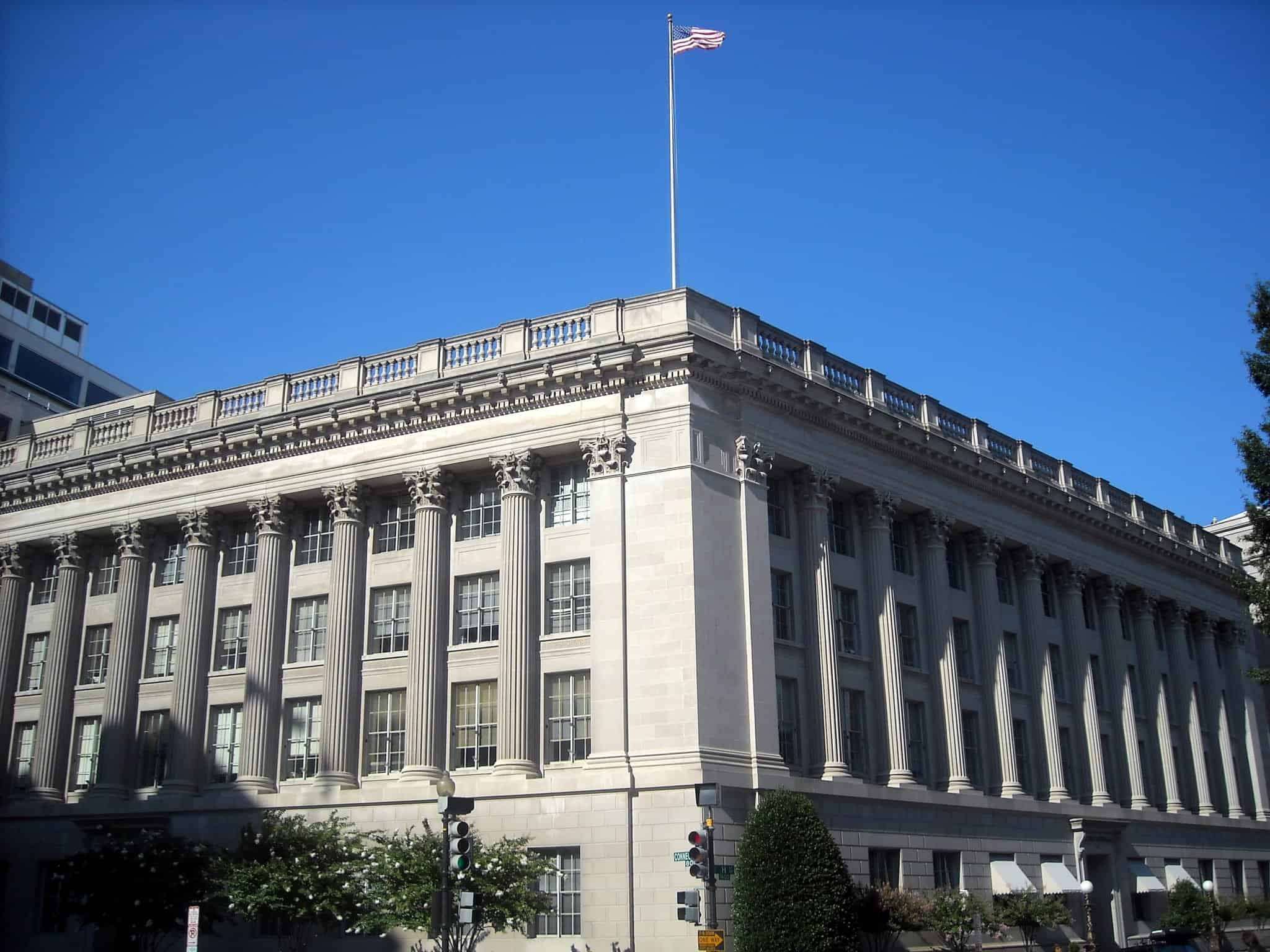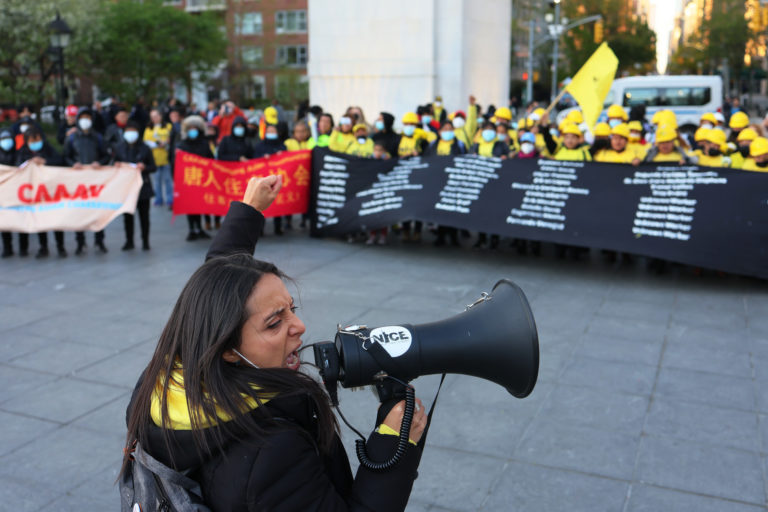
Jonathan R. Harkavy has taught labor and employment law at Wake Forest School of Law and corporate finance at Duke Law School and the University of North Carolina at Chapel Hill School of Law. During the summers of 2018 and 2019, he has been a visiting research fellow in the Labor and Worklife Program at Harvard Law School.
Charlotte Garden’s insightful essay at Take Care about how antitrust laws are being used as a bludgeon against union collective action immediately brings to my mind Andrew Strom’s OnLabor post about the so-called “Powell Memo.” My hope is that considering these two posts together will fortify what both OnLabor contributors have to say.
To refresh, when Lewis Powell was at the height of his influence as a private practitioner in 1971, he wrote a memorandum for the U.S. Chamber of Commerce that is now widely regarded as the blueprint for building a collective voice for the American business community. Witness Powell’s words about collective or unified action:
“But independent and uncoordinated activity by individual corporations, as important as this is, will not be sufficient. Strength lies in organization. . . and in the political power available only through united action and national organizations.”
Fast forward nearly fifty years from the Powell memorandum: We can now better appreciate (recalling Lewis Powell’s own words) what Charlotte Garden wrote about—the collective might of the business community wielding, of all things, the antitrust laws to sap the “strength [that] lies in organization” and hamstring the “united action” of working people.
And so, it is ironic in the extreme, if not downright hypocritical, for the premier exponent and beneficiary of collective action—the U.S. Chamber of Commerce—to attempt (whether by the antitrust laws or otherwise) to deny to individuals who work for its members the benefits of a collective voice and unified action.










Daily News & Commentary
Start your day with our roundup of the latest labor developments. See all
February 24
In today’s news and commentary, the NLRB uses the Obama-era Browning-Ferris standard, a fired National Park ranger sues the Department of Interior and the National Park Service, the NLRB closes out Amazon’s labor dispute on Staten Island, and OIRA signals changes to the Biden-era independent contractor rule. The NLRB ruled that Browning-Ferris Industries jointly employed […]
February 23
In today’s news and commentary, the Trump administration proposes a rule limiting employment authorization for asylum seekers and Matt Bruenig introduces a new LLM tool analyzing employer rules under Stericycle. Law360 reports that the Trump administration proposed a rule on Friday that would change the employment authorization process for asylum seekers. Under the proposed rule, […]
February 22
A petition for certiorari in Bivens v. Zep, New York nurses end their historic six-week-strike, and Professor Block argues for just cause protections in New York City.
February 20
An analysis of the Board's decisions since regaining a quorum; 5th Circuit dissent criticizes Wright Line, Thryv.
February 19
Union membership increases slightly; Washington farmworker bill fails to make it out of committee; and unions in Argentina are on strike protesting President Milei’s labor reform bill.
February 18
A ruling against forced labor in CO prisons; business coalition lacks standing to challenge captive audience ban; labor unions to participate in rent strike in MN